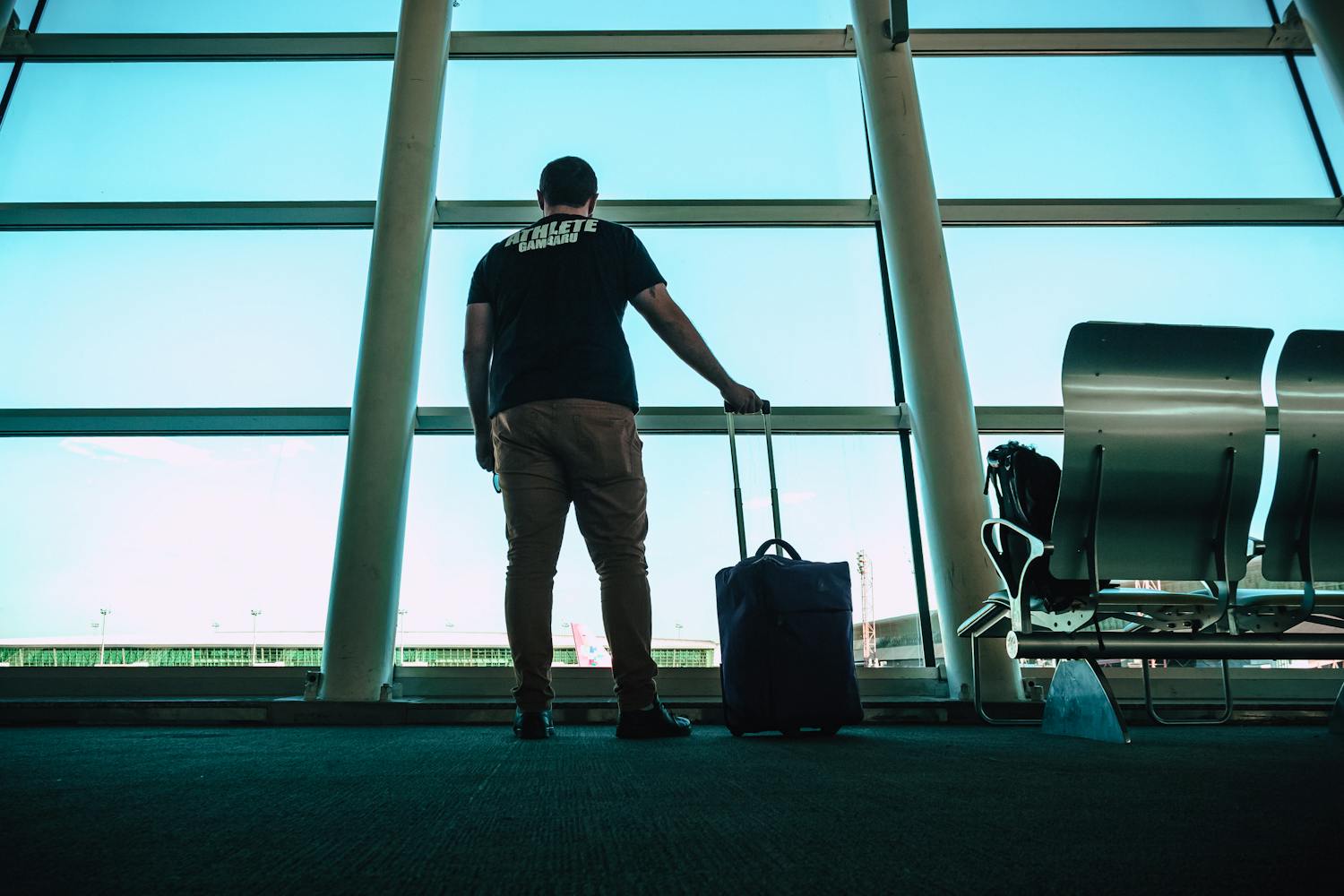Airlines are legally required to pay compensation under EU261 and UK261 when flights are delayed, cancelled, or overbooked — but there are important exceptions. If a disruption is caused by what’s known as “extraordinary circumstances,” Wizz Air may not be obliged to pay you compensation.
In this article, we’ll explain what counts as extraordinary circumstances, when Wizz Air is not liable, and how to tell if the airline is unfairly denying your claim.
Check your compensation online.
EU Regulation 261 of 2004: Extraordinary Circumstances
Travelers often don’t understand what the term “extraordinary circumstances” (also called “exceptional circumstances”) really means in air travel. This confusion is largely because airlines often misinform passengers about it. So, what does this term actually mean?
What Are “Extraordinary Circumstances”?
Under EU261/UK261, extraordinary circumstances are events that are outside of the airline’s control and could not have been avoided even if all reasonable measures had been taken.
In other words: if the disruption wasn’t Wizz Air’s fault, they don’t have to pay compensation. However, they still have a duty of care — meaning they must provide food, drinks, hotel accommodation, and rebooking where necessary.
Examples of Extraordinary Circumstances
- Severe weather – heavy snow, strong winds, thunderstorms, volcanic ash clouds.
- Air Traffic Control (ATC) restrictions – strikes by ATC staff, flight slot restrictions, or airport closures.
- Political instability or security risks – terrorist threats, war, airspace closures.
- Medical emergencies – diversions due to a sick passenger on board.
- Strikes by third parties – airport ground staff, baggage handlers, or border control (but not airline staff).
In these cases, Wizz Air doesn’t owe you compensation, but they must still take care of you until you can travel.
What Doesn’t Count as Extraordinary Circumstances
Airlines sometimes claim “extraordinary circumstances” when the problem was actually their responsibility. These situations are not extraordinary:
- Technical problems – mechanical faults, wear and tear, or routine maintenance issues.
- Crew shortages – if Wizz Air didn’t schedule enough pilots or cabin crew.
- Operational decisions – poor planning or scheduling errors.
- Airline strikes – if the disruption is caused by Wizz Air’s own staff striking.
In these cases, Wizz Air must pay compensation if your flight is delayed 3+ hours, cancelled at short notice, or you are denied boarding.
Your Rights Even in Extraordinary Circumstances
What should you do if your flight is disrupted — delayed or cancelled — because of extraordinary circumstances?
Typically, the airline will notify you by email or SMS with details about the situation and instructions on what to do next. If your flight is cancelled, the message will explain your rerouting or refund options. If it’s delayed, it will usually state the expected duration of the delay and the time you should be at the airport.
If you are already at the airport when the disruption occurs, you have a right to care under EU261/UK261. This means the airline must provide free meals and refreshments during the wait. If the disruption requires an overnight stay, Wizz Air must also provide hotel accommodation and airport transfers. If these are not offered, go directly to the airline’s information desk or check-in counter and request them.
Check your compensation online.

Even if you’re not entitled to compensation, Wizz Air still has obligations under EU261/UK261:
- Right to care – meals, refreshments, and hotel accommodation (if needed).
- Rerouting or refund – if your flight is cancelled, you can choose a full refund or an alternative flight.
- Communication access – free phone calls or emails to rearrange plans and notify your family.
How to Challenge Wizz Air’s Decision
Sometimes airlines wrongly claim “extraordinary circumstances” to avoid paying compensation. A common example is when they blame technical problems, strikes by their own staff, or crew shortages. In reality, none of these count as extraordinary under EU Regulation 261/2004 or UK261, because they fall within the airline’s responsibility to manage.
So if your Wizz Air flight was cancelled or delayed for these reasons, you are still entitled to compensation — even if the airline says otherwise.
Here’s what you can do:
- Request written proof – ask Wizz Air for a clear explanation of the reason.
- Check official sources – weather reports, airport announcements, or news can confirm if conditions were extraordinary.
- Escalate your claim – contact the Civil Aviation Authority (CAA in the UK) or the National Enforcement Body (in the EU).
- Seek ADR or legal help – if necessary, you can use Alternative Dispute Resolution or small claims court.
While extraordinary circumstances protect airlines like Wizz Air from paying compensation, they don’t remove your other rights. You are always entitled to care, rerouting, or a refund.
The key takeaway: not every disruption counts as extraordinary. If Wizz Air blames weather, strikes, or technical faults, always check the facts — you may still be owed money.